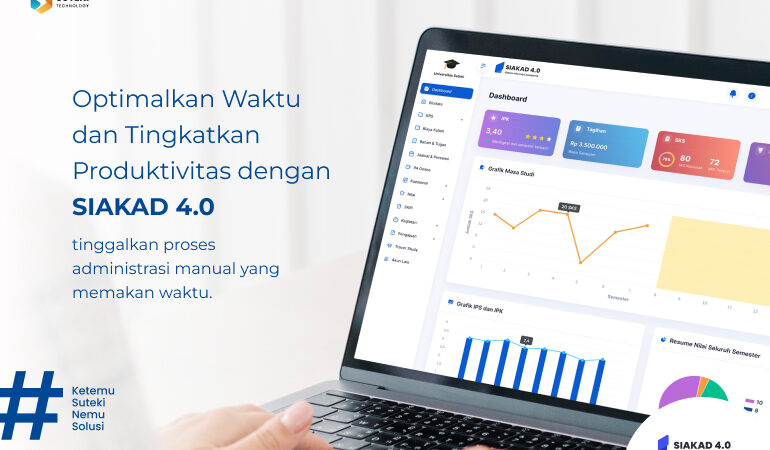Mindfulness is slot gacor the practice of being fully present in the moment, free from distractions & judgments. It involves paying attention to your thoughts, emotions, & surroundings with curiosity & acceptance. Rooted in ancient meditation techniques, mindfulness has gained popularity in modern psychology for its ability to reduce stress & enhance well-being. The core principles include awareness, non-reactivity, & compassion—both for yourself & others. By incorporating mindfulness into daily life, individuals can cultivate a deeper connection with themselves & the world around them.
The Science Behind Mindfulness & Mental Health Benefits
Research has shown that mindfulness can significantly improve mental health by reducing symptoms of anxiety, depression, & chronic stress. Studies indicate that regular mindfulness practice rewires the brain, strengthening areas responsible for emotional regulation & focus. Techniques such as deep breathing, body scans, & mindful walking activate the parasympathetic nervous system, promoting relaxation. Additionally, mindfulness has been linked to improved sleep, better decision-making, & enhanced resilience. These benefits make it a powerful tool for anyone seeking emotional balance & mental clarity in a fast-paced world.
Practical Ways to Incorporate Mindfulness Into Your Routine
Integrating mindfulness into daily life doesn’t require hours of meditation—small, consistent practices can make a big difference. Start with a five-minute morning meditation, focusing on your breath. Practice mindful eating by savoring each bite without distractions. Take short “mindful breaks” during work to reset & refocus. Journaling & gratitude exercises can also deepen mindfulness by encouraging self-reflection. The key is consistency; even a few minutes a day can foster a greater sense of calm & awareness over time.
Mindfulness in Relationships & Social Connections
Mindfulness isn’t just a solo practice—it can transform relationships by fostering deeper connections & empathy. Active listening, where you fully engage with others without interrupting or judging, strengthens communication. Mindful conflict resolution involves pausing before reacting, allowing space for thoughtful responses. Couples & families who practice mindfulness report higher satisfaction & emotional intimacy. By being present with loved ones, you create meaningful interactions & build stronger, more compassionate relationships.
